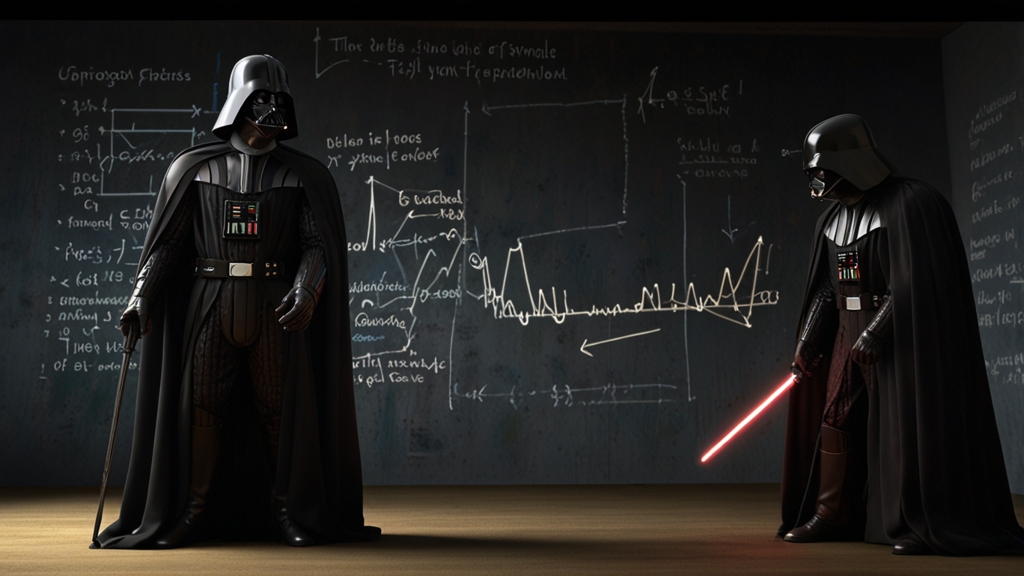Philosophy in Crisis: How to Reclaim Rational Thought
In an era where information is abundant yet critical thinking seems increasingly rare, philosophy finds itself at a crossroads. Once heralded as the bedrock of rational thought and intellectual rigor, philosophy now grapples with diminished public relevance. The crisis facing philosophy today is multifaceted: it's a crisis of accessibility, a crisis of practicality, and fundamentally, a crisis of rational thought.
The Erosion of Rational Discourse
The contemporary societal landscape is marked by polarization and the rapid consumption of information. Social media platforms have become the new public squares where ideas are exchanged, but often these exchanges are characterized by emotional outbursts rather than rational debate. The algorithms prioritize sensationalism over substance, creating echo chambers that reinforce pre-existing beliefs rather than challenging them.
This degradation of rational discourse poses a significant challenge to philosophy. The discipline has always required a commitment to reasoned argumentation and critical examination, skills that are becoming increasingly rare in today's fast-paced, click-driven world. To reclaim rational thought, there must be an active effort to resist the lure of simplicity and embrace the complexity that philosophical inquiry demands.
“The essence of the independent mind lies not in what it thinks, but in how it thinks.” – Christopher Hitchens
Making Philosophy Accessible
One of the critical reasons philosophy is in crisis is its perceived inaccessibility. Academic philosophy often seems remote, buried in jargon and esoteric debates. This perception must change if philosophy is to reclaim its place as a guide for rational thought.
Efforts to make philosophy more accessible are already underway. Public philosophy initiatives, popular philosophy books, and online courses have started to bridge the gap between academic philosophy and the general public. These resources must continue to grow, and philosophers must actively engage with wider audiences to demonstrate the relevance of their work in addressing contemporary issues.
“Philosophy, like all other studies, aims primarily at knowledge.” – Bertrand Russell
The Role of Education
Education systems play a pivotal role in fostering rational thought. However, in many curricula worldwide, philosophy is either absent or relegated to the fringes. To reclaim rational thought, philosophy needs to be integrated into educational frameworks from an early age.
Introducing students to basic principles of logic, ethics, and critical thinking can empower them to navigate the complexities of modern life more effectively. By learning to question assumptions, construct coherent arguments, and consider diverse perspectives, students can develop a habit of rational thought that will serve them throughout their lives.
Philosophy in Action
Philosophy must not only dwell in the abstract but also engage with practical matters. Applied philosophy, which tackles concrete issues such as bioethics, environmental ethics, and political philosophy, brings philosophical reasoning into everyday decision-making processes. By demonstrating how philosophical principles can be applied to real-world problems, the discipline can reclaim its relevance and foster a culture of rational thought.
Moreover, interdisciplinary collaboration can amplify the impact of philosophical insights. Philosophers working alongside scientists, policy-makers, and artists can contribute unique perspectives that enrich our understanding and problem-solving capabilities.
“The unexamined life is not worth living.” – Socrates
Conclusion
The crisis in philosophy is emblematic of a broader crisis in rational thought. To reclaim its rightful place, philosophy must become more accessible, engage with practical concerns, and be integrated into educational curricula. By doing so, it can once again serve as a vital framework for understanding the world, fostering critical thinking, and guiding informed, rational discourse. In an age overwhelmed by information but starved for wisdom, the revival of philosophical thinking is not merely desirable—it is essential.










